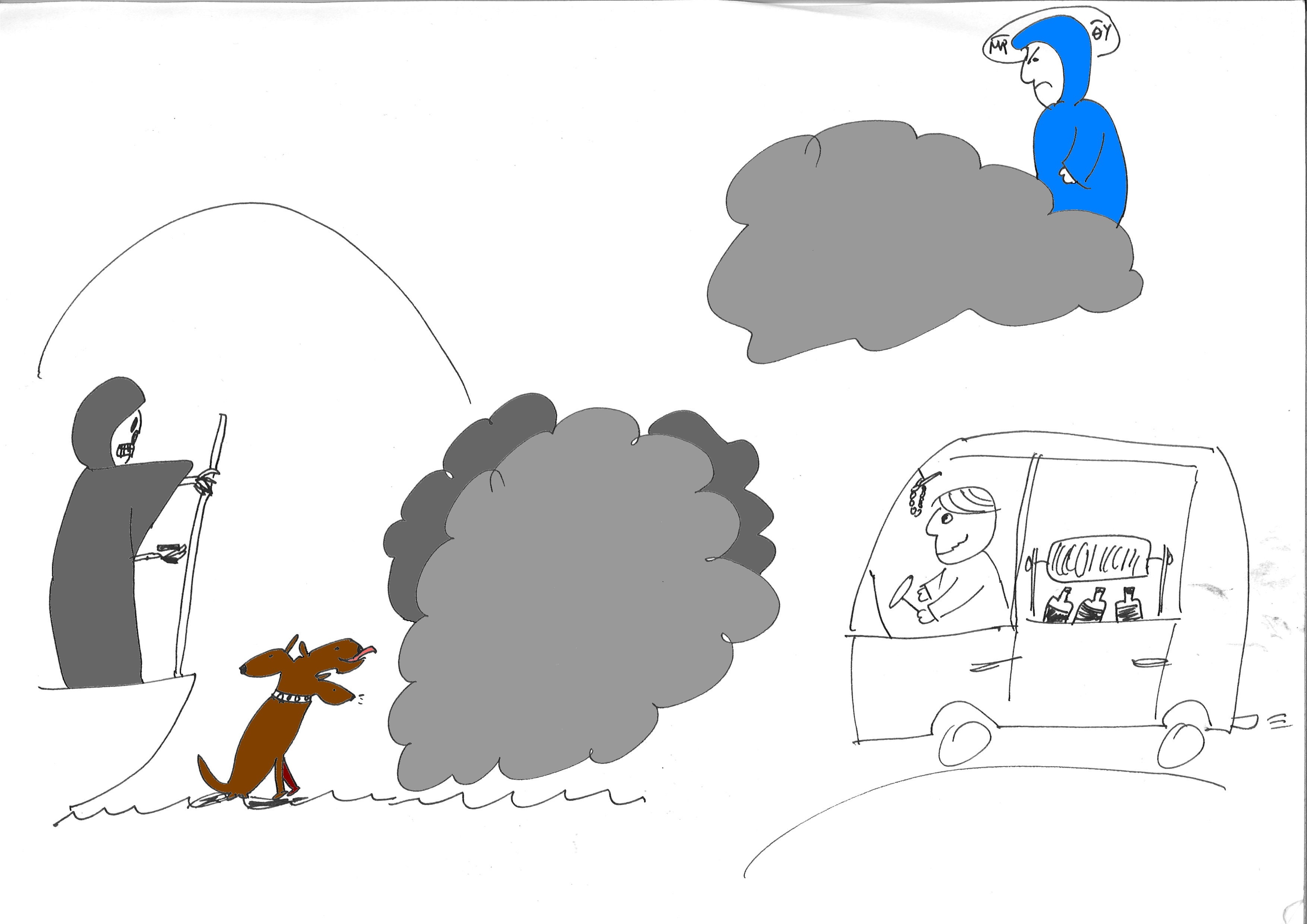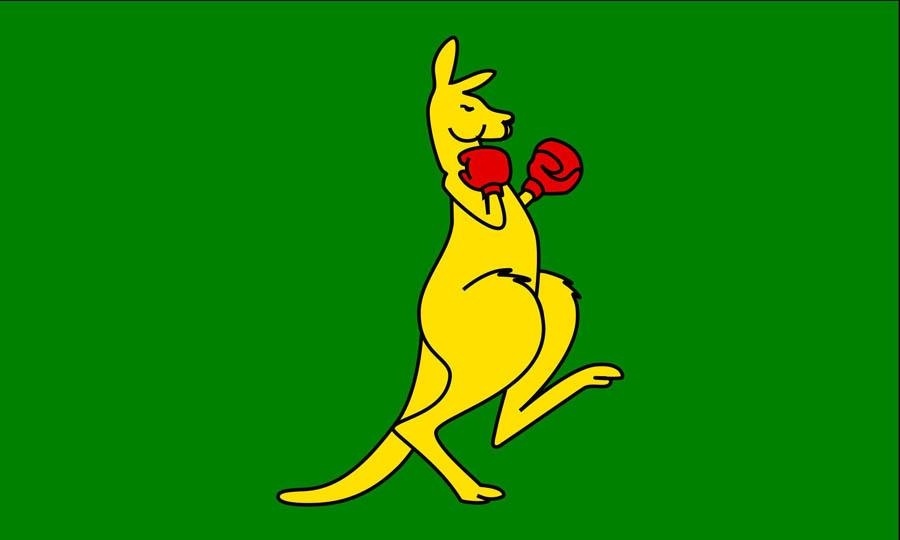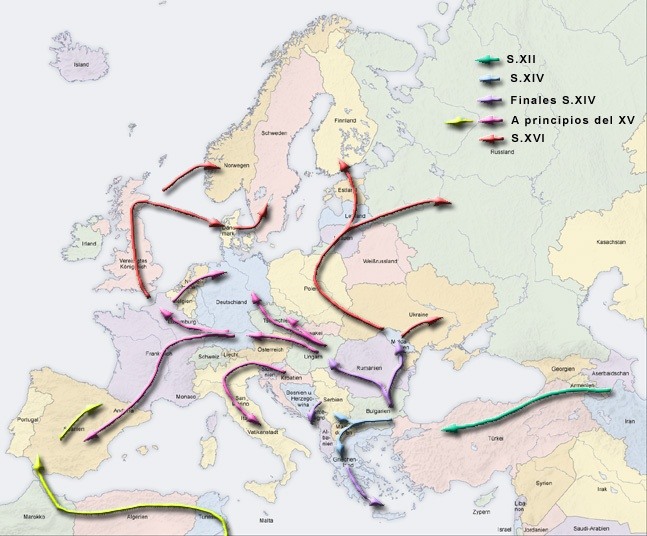No idea whether the Sorbs are part-Gothic, or even how you could tell.
I have another, more obscure instance though.
Gothic survived in Gothia (Principality of Theodoro) in the Crimea, up until the 16th century.
Gothic shifted in the Crimea to Greek. In fact, the Gothic speakers that Ogier Ghiselin de Busbecq recorded were giving their Gothic nouns with Greek articles.
Of the Greeks of the Crimea, in turn, many shifted to speaking Crimean Tatar language. Their variant of Tatar is called Urum language (i.e. Rum, Roman—that is, Greek).
The Greek Orthodox population of Crimea, who called themselves Rumei in Greek and Urum in Tatar, were resettled in 1778 to the area around Mariupol in the Ukraine: the Greek-speakers in the surrounding countryside, the Tatar-speakers in the town. Mariupol is (just) under Ukrainian control, and borders the Russian separatist areas.
Greek and Urum are both under language shift to Russian (this is eastern Ukraine). And one would expect that they are intermarrying with ethnic Russians.
And, one would think, there would be some Crimean Gothic blood in that ethnic group of Greek/Urum speakers originally from the Crimea.
So… yes. There’s a likely “Other”.


